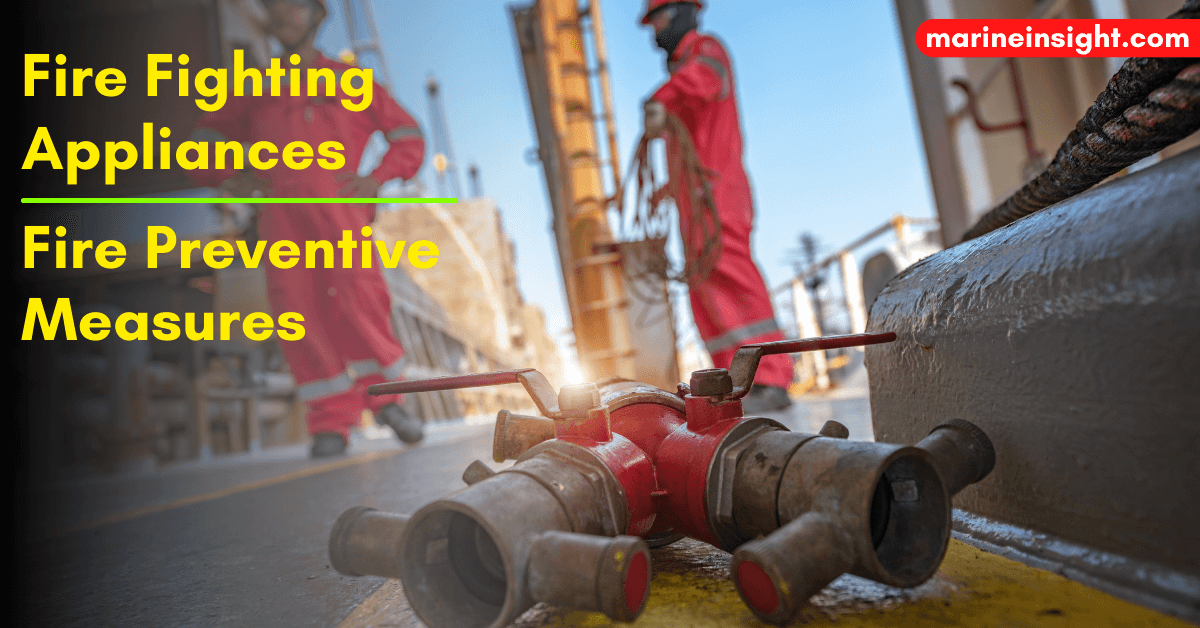Fire prevention is an essential element of building and home fire safety. Fire prevention affects a building through its effects on the people who use it, both in the immediate aftermath of a fire and during the lifetime of those who reside or work within it. Fire protection systems NYC may not be able to prevent a fire from occurring, but it can reduce the chances of harmful consequences from happening. The prevention of fire in a building, therefore, plays a crucial role in reducing the risk of death and injury caused by fires and enhancing long-term building safety.
Create A Plan
The best practice for fire prevention is to implement a comprehensive fire prevention plan. A fire prevention plan covers many aspects of fire prevention. However, the key elements are usually a general idea of what to do when fire breaks out and a commitment to make this happen. There should also be a commitment to provide fire safety education to staff, tenants, homeowners, employers, government agencies, and educational institutions. This fire safety education should cover emergency procedures, basic fire prevention principles, fire precautions, emergency response plans, fire safety equipment, common fire threats, fire protection equipment, fire protection safety regulations, and more.
List Out Hazards
A fire prevention plan should provide a concise yet complete list of fire prevention strategies that should be implemented in all areas of a building. The most common fire hazards in residential buildings include electrical fires, gas leaks, cooking stove fires, electrical insulators, cooking device fires, cooking devices overheating, wood burning flames, etc. Fire prevention programs should provide instruction for proper use of all required equipment and provide alternate routes if needed.
Cooking Hazards
In the case of cooking hazards such as stove fires or oven fires, the fire prevention system should immediately extinguish the fire. For electrical fires caused by faulty wiring or appliances, the fire prevention system should be immediately turned off and removed from the area. People should remove their personal belongings from the area immediately. As soon as possible, all people should evacuate the premises, and calling the fire department or fire police for help. For some accidental fires which can occur due to improper use of fire prevention methods, a fire safety consultant can help mitigate against any damage or loss that may occur.
Now that you are aware of how to prevent fires in homes and buildings, you’ll be better prepared to face any situation ahead.




